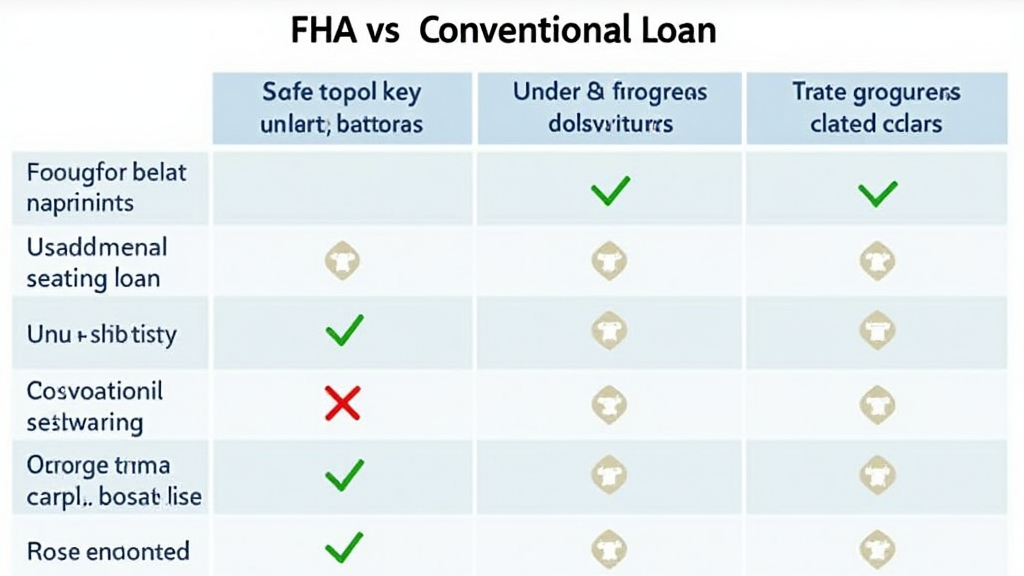Introduction
With mortgage interest rates fluctuating and more individuals looking to enter the housing market, understanding the differences between FHA loans and conventional loans is more crucial than ever. In 2023 alone, the U.S. housing market saw a staggering $1.5 trillion in mortgage originations. Among these, FHA and conventional loans dominate the scene, catering to a diverse range of needs. But with different requirements, benefits, and risks, how do you decide which is the right choice for you? Let’s break it down!
What Are FHA Loans?
Federal Housing Administration (FHA) loans are designed to help lower-income and first-time homebuyers access mortgage financing. They are backed by the government, which provides advantages like:
- Lower Minimum Down Payments: Typically as low as 3.5% for borrowers with a credit score of 580 or higher.
- More Lenient Credit Requirements: Borrowers can qualify with a credit score as low as 500, depending on the down payment.
- Assumable Loans: The loans can be assumed by a future buyer, which can be advantageous if interest rates rise.
What Are Conventional Loans?
Conventional loans are not insured or guaranteed by the federal government. They are typically offered by private lenders. Some key features include:

- Flexible Terms: They offer various term lengths like 15, 20, or 30 years.
- Higher Loan Limits: Borrowers can often access larger amounts than FHA loans.
- Potential for No PMI: Borrowers putting down 20% or more can avoid Private Mortgage Insurance (PMI).
FHA vs Conventional Loans: Key Differences
To summarize the main differences in FHA vs conventional loans, let’s look at the following aspects:
| Aspect | FHA Loans | Conventional Loans |
|---|---|---|
| Down Payment | 3.5% minimum | 3% to 20% (depends on lender) |
| Credit Score | 500 (with restrictions) | 620 or higher |
| Loan Insurance | Mortgage Insurance required | PMI required if less than 20% down |
| Loan Limits | Varies by county | Generally higher than FHA loans |
Specific Scenarios for Each Loan Type
When deciding between FHA and conventional loans, consider your specific situation. For instance:
- First-time Buyers: FHA loans may be more suitable due to lower required down payments and credit scores.
- Repeat Buyers with Good Credit: Conventional loans can be beneficial to avoid PMI and access larger loan amounts.
- Low-Income Borrowers: FHA loans target those with limited financial resources and less-than-perfect credit.
Market Trends in Vietnam
The Vietnamese housing market is evolving rapidly. With a 12% growth rate in online mortgage applications year-on-year, understanding these loans’ implications for Vietnamese users is essential. As homeownership becomes increasingly significant, knowing the right loan types like FHA and conventional loans can help individuals make informed choices.
Conclusion
Deciding between FHA vs conventional loans requires careful consideration of your financial situation, credit score, and future plans. Both types of loans have advantages that cater to different borrower profiles. Whether you’re a first-time homebuyer eager to take the plunge or a seasoned buyer looking to upgrade, weighing these options will lead you to the most suitable choice for your needs. Remember, it’s always best to consult with financial professionals for tailored advice. For further assistance, check out hibt.com for more information.
As the housing landscape continues to shift, keep abreast of the evolving lending options and market dynamics, especially in regions like Vietnam where user adoption rates continue to soar.






